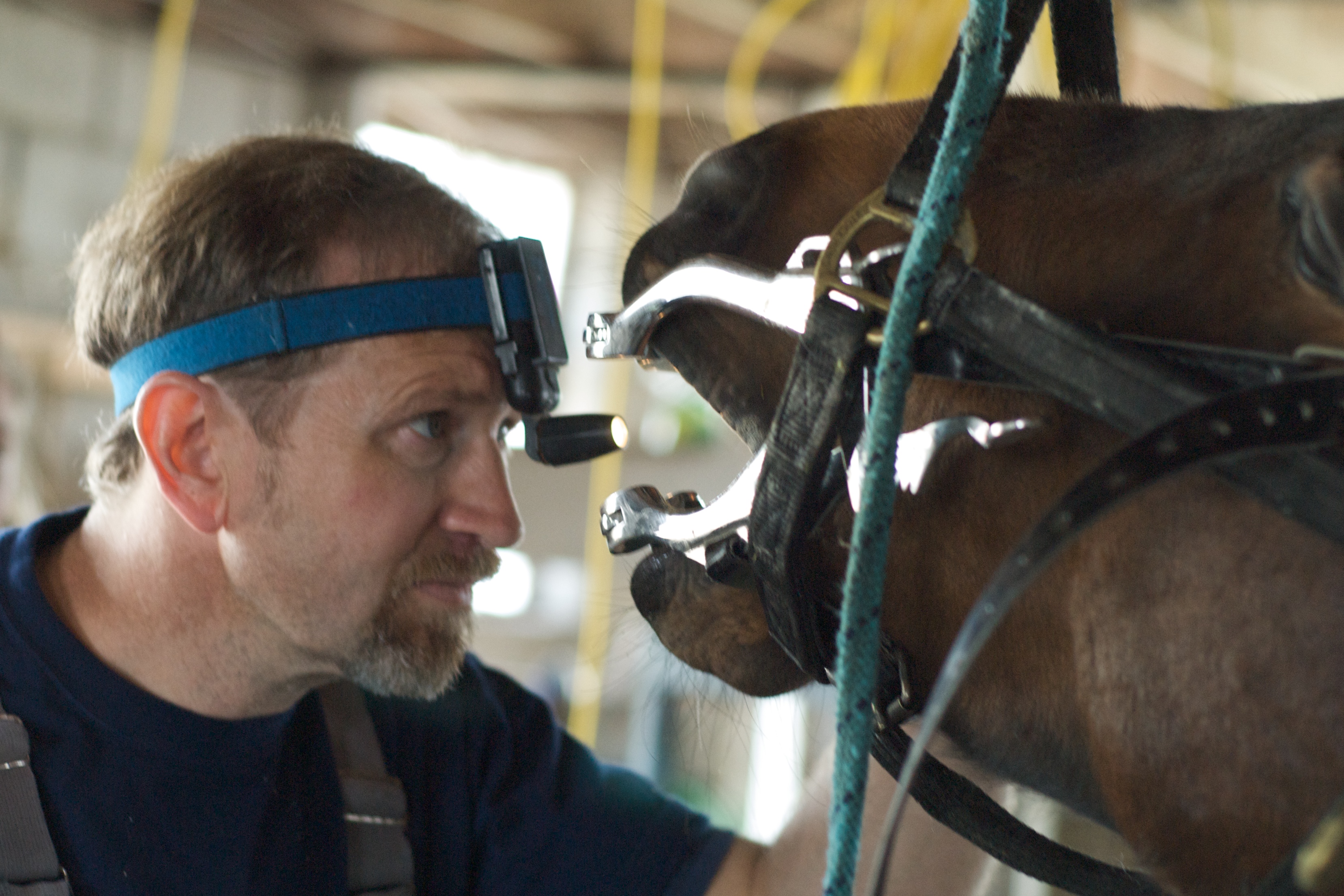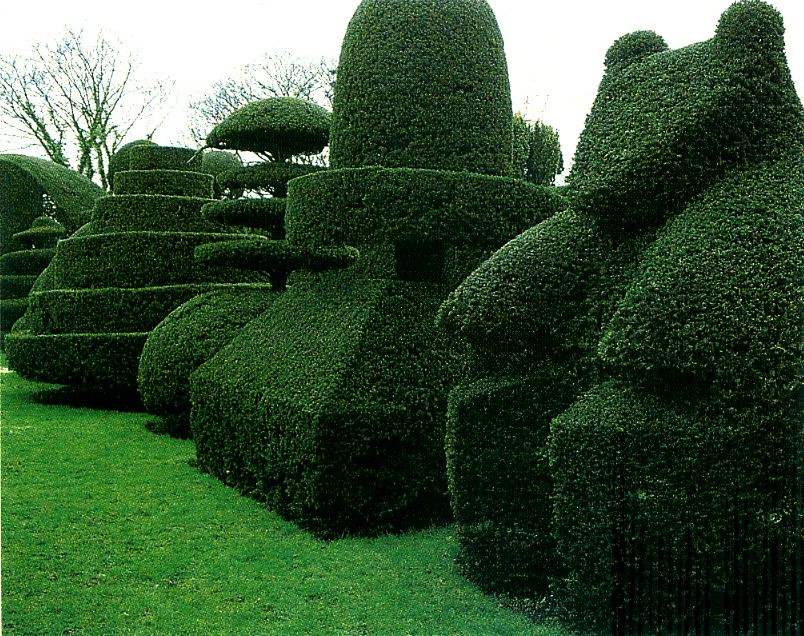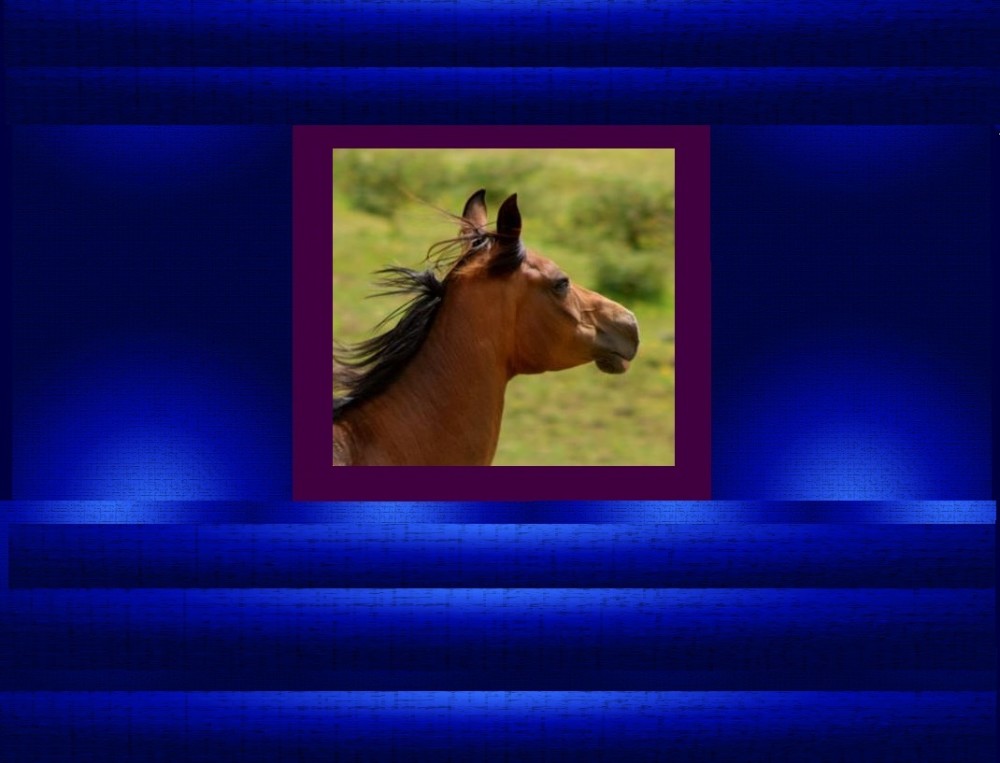How do you know when it’s time to go to the dentist? The answer is obvious. When your ribs are showing because you’re getting thin from being unable to eat well, or when you drop half of the food out of your mouth that you are trying to chew. Or if you have obvious lumps on the outside of your face or jaw.
Wait a minute, what?

These criteria sound ridiculous and extreme when applied to humans, but nine out of ten horse owners I meet use this type of criteria to decide when to have their horses’ teeth checked out.
I’ve spent some time trying to understand what goes through these horse owners’ heads and how they rationalize this approach.
#1 – I’m sure the biggest motivation for people to avoid having their horses’ teeth checked is financial. Teeth floating is expensive. However, it is my firm belief that horse owners need to include a yearly float into their budget, and this is backed up by every vet I’ve talked to. Vets always say that horses need an annual dental exam, and yet horse owners seem to do their best to rationalize away this obligation.
If you can’t afford to have your horse’s teeth floated or checked each year, then you have absolutely no business buying a second horse!
A dental float is something that costs around $200. This amount can easily be saved for, it’s just $16 a month. That’s just a dinner out or a movie that you would give up in order to let your horse eat painlessly for an entire year. Perhaps you forget sometimes that your horse may spend 17 hours a day eating with those teeth. That’s 6200 hours this year your horse will spend chewing, vs perhaps 24 hrs you might spend watching that monthly movie or eating your own dinner out at a restaurant.

The only way to get a good look inside a horse’s mouth
#2 – Some horses such as Mustangs never have their teeth floated, yet they survive just fine. If you have a Mustang, and if they are out on pasture and eating grass 24/7, chances are your horse may not need his teeth floated every year. However, adding any hay to a horse’s diet reduces the amount of chewing they will do in a day, and also reduces the chance their teeth will be able to wear naturally. Besides this, our pastures do not contain the variety of rough grasses that are found on open range land. If your horse spends any time in a stall, this reduces the chewing time even more. Even though it seems like it would be as tough to eat hay as it is to eat grass, hay is a slightly processed food and requires less chewing, as well as eliminating the tearing, cutting and pulling motions that also assist with tooth wear.

Something else to consider is that if a Mustang does develop dental issues in the wild, he will starve and die. Not all Mustangs that are born make it into old age, for various reasons.
#3 – Many people don’t float their horses’ teeth on a yearly basis, and their horses seem just fine. I’ve known a lot of “just fine” horses that seemed healthy and happy, but on the dental exam the vet found sources of pain. Here’s what I’ve seen inside the mouths of these “just fine” horses: open sores inside the cheeks from sharp points that develop on the edges of the molars, a missing tooth that has caused the opposite tooth to grow extra long into the empty space, making it impossible for the horse to close the mouth completely, and unevenly matched teeth.
If this is what we see inside the mouths of horses that appear healthy and happy on the outside, imagine what is going on inside the mouths of horses that have lost weight and are dropping grain. Not to mention that getting teeth to line up properly after years of neglect can be an impossible task for your vet. Dental care for continuously growing teeth takes some doing. It’s more like shaping a topiary tree, letting it grow into the form you want than it is like giving someone a hair cut. It requires upkeep and maintenance or it will never work out well.

#4 – It is commonly believed that only older horses need dental exams. Yet young horses have many potential dental issues as well. One of the most common cause of dental problems in young horses is trauma. They can fracture a tooth root and still have little or no swelling and keep eating normally. Anytime a tooth is lost when there is an opposing tooth on the opposite jaw, this can cause issues as the opposite tooth grows into the empty space.
Until a young horse’s mouth is examined, there is no way to know if there are congenital issues such as overcrowding, malocclusion or wolf teeth that may cause issues with wearing a bit comfortably. Young horses are also prone to developing points that can cause cheek ulcerations just as older horses are.
#5 – Too much power floating will wear a horse’s teeth down prematurely. Any well-qualified veterinarian will not try to grind teeth down to a flat surface but will only correct issues with alignment and problems that will cause pain. This will actually prolong the horse’s life and help them keep the teeth they have healthy and working well. Using power tools might seem frightening or excessive to some horse owners, but they help keep the vet from fatiguing before the horse’s issues are corrected and assist with making adjustments that require finesse.
How do you justify neglecting your horse’s teeth? Are your reasons for not having your horse checked regularly based on science and ethics or just rumors, opinions and hearsay? Personally, I’d rather err on the side of keeping my horse healthy and comfortable, and follow the current recommendations from vets rather than what the “good ole boys” say.
